Cardinal George Pell: polarising Australian Catholic dies aged 81
Controversial cardinal, acquitted of child sexual abuse charges, died of heart complications after hip surgery
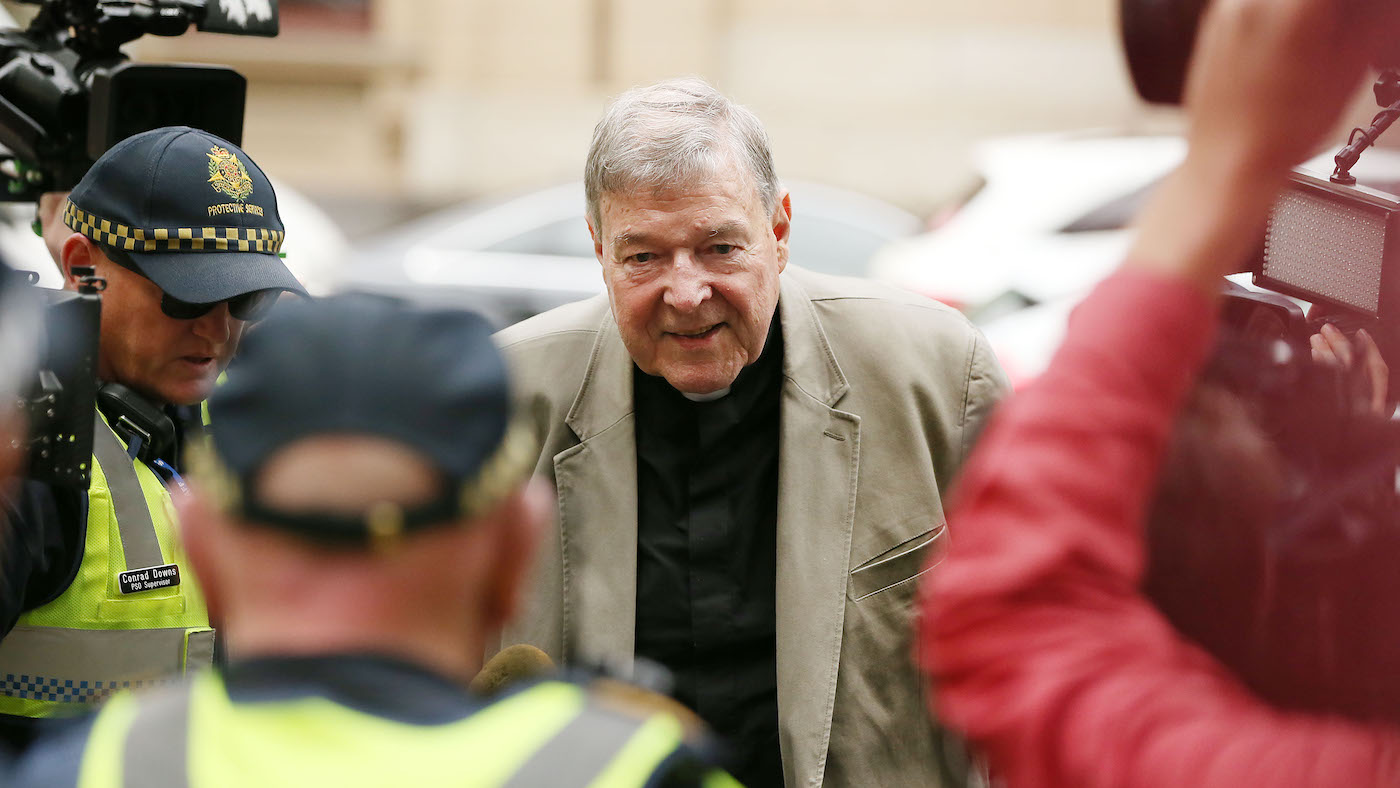
A free daily email with the biggest news stories of the day – and the best features from TheWeek.com
You are now subscribed
Your newsletter sign-up was successful
Cardinal George Pell, Australia’s most prominent and polarising Catholic cleric, has died aged 81.
From his ordination in the 1960s, Pell rose to become a cardinal in 2003 before taking his most senior post as head of the Vatican’s finances in 2014. Pell was, “without a doubt, the most powerful Australian ever to rise through the ranks of the Catholic church”, said the Australian Catholic University’s Miles Pattenden on The Conversation. “He put Australia on the map in the Vatican in a way it had not been at any other time in history,” he added.
But his term at The Vatican expired when he was charged with abusing two boys in the 1990s, when he was Archbishop of Melbourne. Pell maintained his innocence and was eventually released from prison after 13 months, when the High Court dismissed the charges unanimously.
The Week
Escape your echo chamber. Get the facts behind the news, plus analysis from multiple perspectives.

Sign up for The Week's Free Newsletters
From our morning news briefing to a weekly Good News Newsletter, get the best of The Week delivered directly to your inbox.
From our morning news briefing to a weekly Good News Newsletter, get the best of The Week delivered directly to your inbox.
Pell’s conservative values and ultra-orthodoxy saw him “loved and admired by most conservative Catholics and resented and disliked by the church’s progressive wing”, said Barney Zwartz at The Age. And though he was cleared of the charges against him he was “robustly criticised” by the Royal Commission into Institutional Responses to Child Sexual Abuse for not doing enough to combat abuse among the clergy or holding them to account.
Who is Cardinal George Pell?
Born in Ballarat, Victoria, Australia in 1941, Pell studied at St Patrick’s College where he found a talent for Australian Rules Football. He played in the first team for his college before signing for top-tier VFL (now AFL) team Richmond Football Club in 1959, playing in the reserves.
“It was a great surprise to many when his ambitions veered off towards becoming a Catholic priest”, said the Sydney Morning Herald. Pell began his ecclesiastical studies at Corpus Christi College in Werribee, Melbourne, in 1960.
After continuing his studies in Rome in 1963, he was ordained there in 1966 before attending Oxford University, where he gained his doctorate.
A free daily email with the biggest news stories of the day – and the best features from TheWeek.com
He returned to Australia in 1971 where he began working as a priest, and his “formidable political and administrative skills soon made his church superiors take notice”. Pell’s swift rise through the Church saw him appointed Archbishop of Melbourne in 1996, and Archbishop of Sydney in 2001. In 2003, he was made a cardinal by Pope John Paul II.
It was in Melbourne that he became “a national figure for the first time”, said The Guardian, gaining a “certain celebrity for his pugnacious moral declarations”, including his staunch opposition to homosexuality.
An “excellent administrator”, wrote Zwartz, “his skills, determination and undoubted financial integrity” led him to be appointed as the Vatican’s first Secretariat for the Economy. There, he made “significant improvements” and worked to “clean up the scandal-plagued Vatican Bank”.
Child abuse allegations
Even before his overturned 2019 conviction, Pell “faced considerable criticism for his role in the handling of child sexual abuse in Victoria” in the 1990s, added the Sydney Morning Herald.
In 1996, he set up The Melbourne Response, an “alternative resolution process for survivors” of abuse by Catholic clergy, wrote The New York Times (NYT). However it “capped payments” and “usually forced victims to keep their traumas confidential”. It “undermined” the “more generous national protocol, Towards Healing”, wrote Zwartz, and was “regarded by survivor advocates as chiefly intended to protect the assets of the church, to control victims and to head off the Victorian government”.
Pell also faced considerable criticism for the “lengths to which he supported” the now-convicted paedophile priest Gerald Ridsdale, who he used to live with. Pell denied any knowledge of Ridsdale’s crimes.
Pell faced abuse allegations of his own in 2017, leaving his economic post at the Vatican to return to Australia and hear charges of abusing two 13-year-old choir boys in 1996. Pell faced the trial with a “stoic dignity, always maintaining his innocence”, wrote Zwartz, but was sentenced to six years in prison in 2019, serving 13 months before the charges were overturned.
After his release, he returned to the Vatican where he kept a “low profile” until his death, rarely giving interviews. He remained a “polarising figure, both in Australia and abroad”, said the BBC, with Pell telling Radio 4 in 2020 that there was “no doubt” that his “direct” style and traditional approach to issues such as abortion had driven parts of the public against him.
Richard Windsor is a freelance writer for The Week Digital. He began his journalism career writing about politics and sport while studying at the University of Southampton. He then worked across various football publications before specialising in cycling for almost nine years, covering major races including the Tour de France and interviewing some of the sport’s top riders. He led Cycling Weekly’s digital platforms as editor for seven of those years, helping to transform the publication into the UK’s largest cycling website. He now works as a freelance writer, editor and consultant.
-
 What are the best investments for beginners?
What are the best investments for beginners?The Explainer Stocks and ETFs and bonds, oh my
-
 What to know before filing your own taxes for the first time
What to know before filing your own taxes for the first timethe explainer Tackle this financial milestone with confidence
-
 The biggest box office flops of the 21st century
The biggest box office flops of the 21st centuryin depth Unnecessary remakes and turgid, expensive CGI-fests highlight this list of these most notorious box-office losers
-
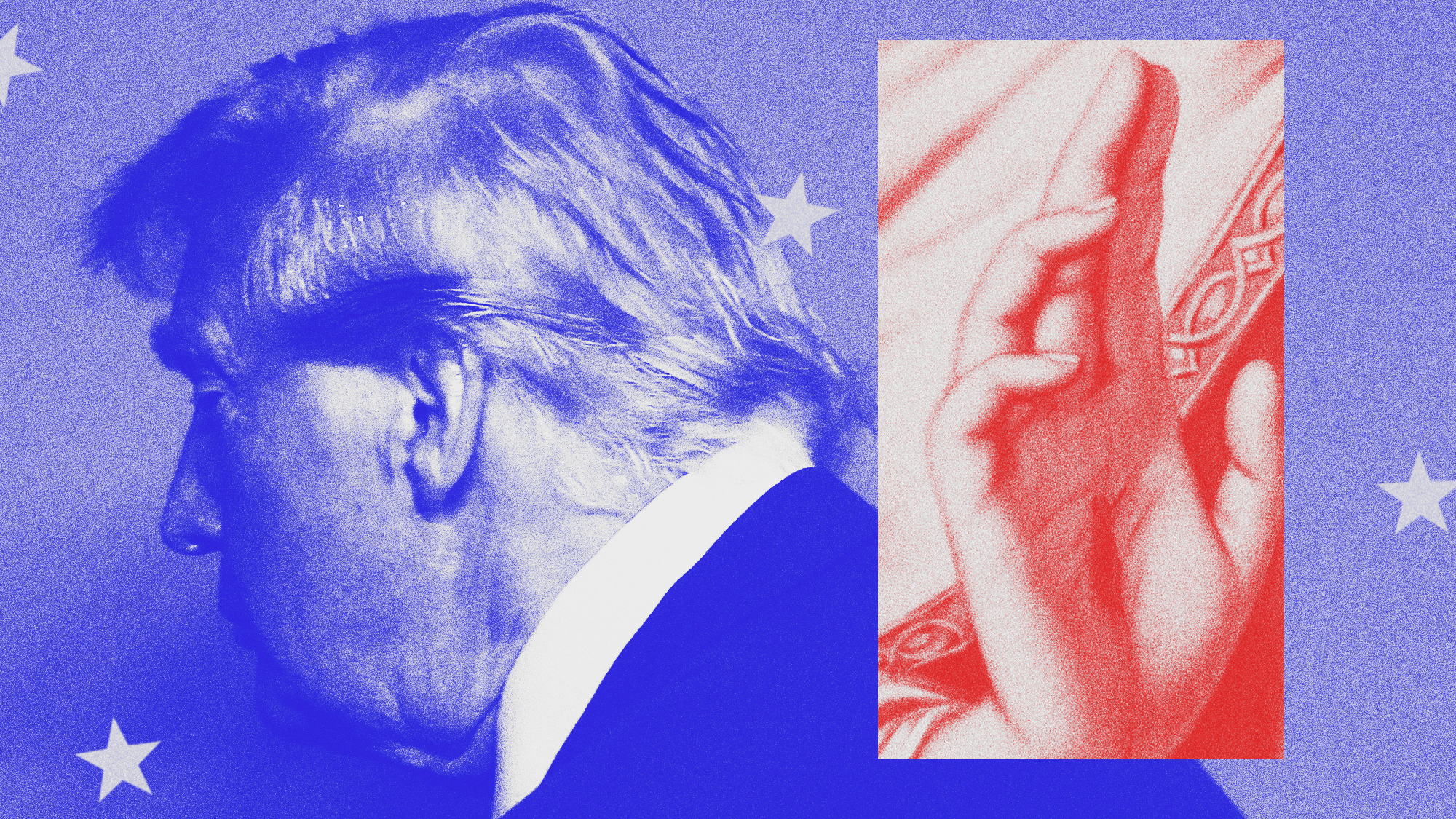 Is the Catholic Church taking on Trump?
Is the Catholic Church taking on Trump?Today's Big Question Pope calls for ‘deep reflection’ on immigration
-
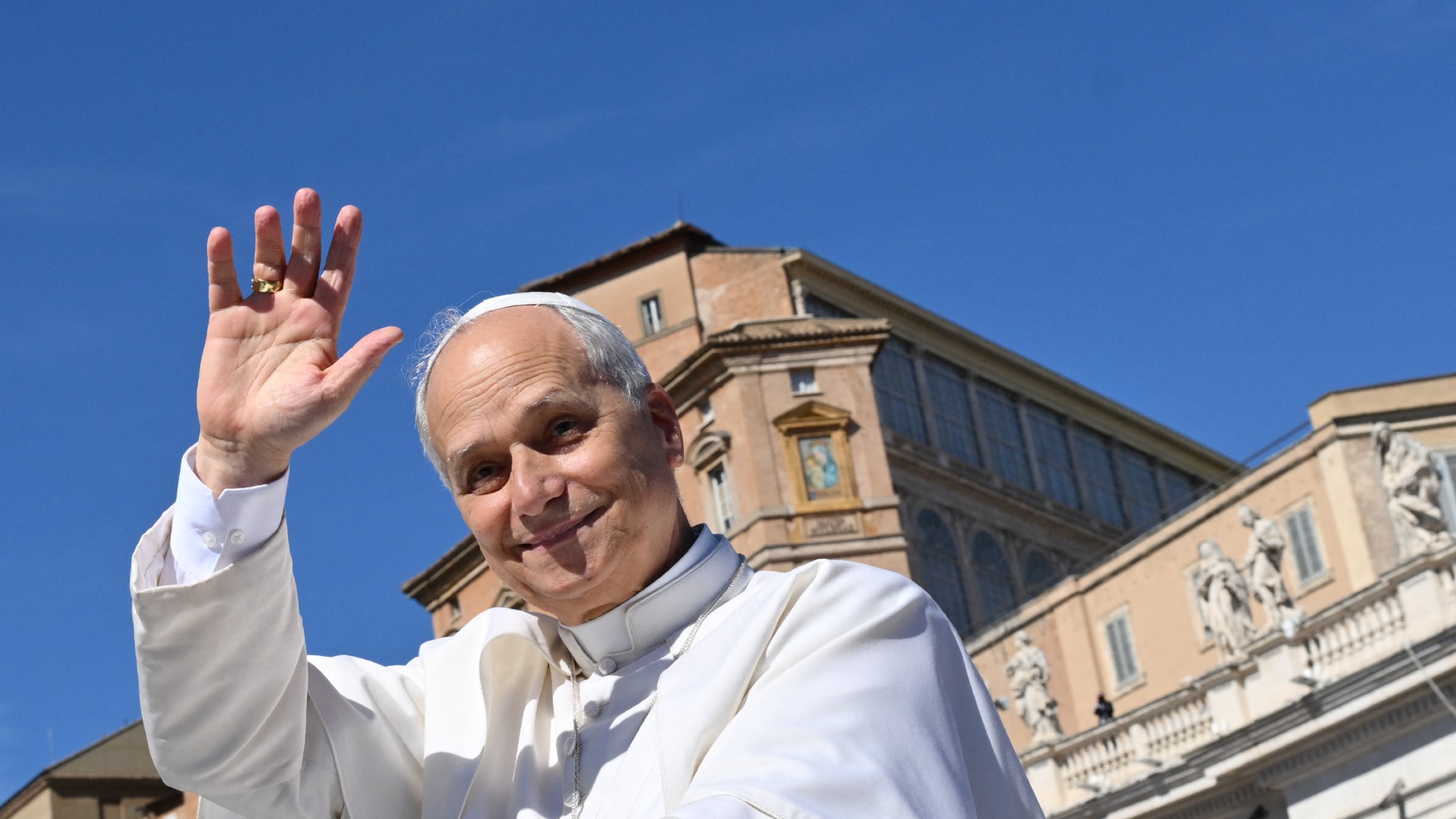 Pope Leo wants to change the Vatican’s murky finances
Pope Leo wants to change the Vatican’s murky financesThe Explainer Leo has been working to change some decisions made by his predecessor
-
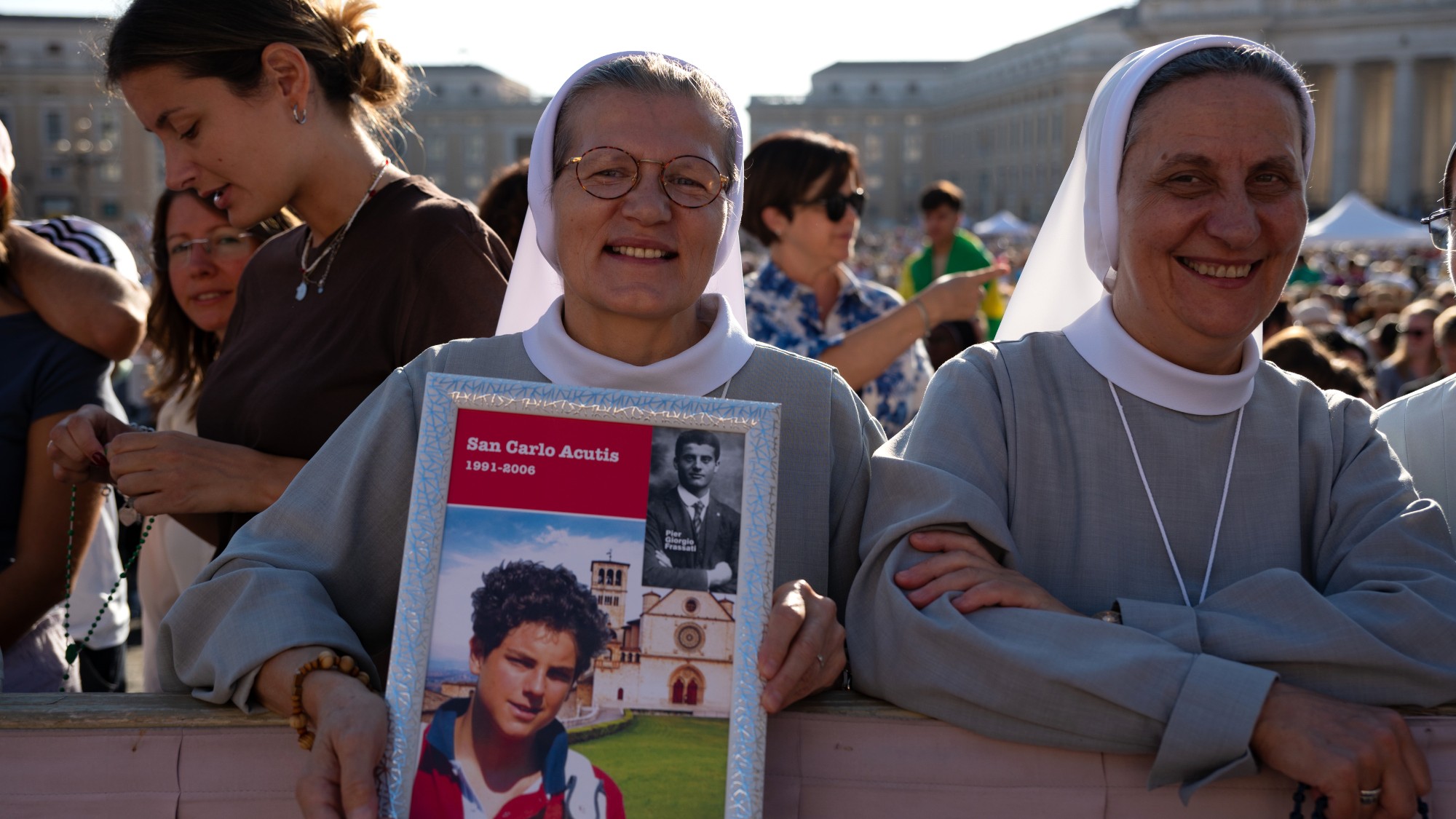 Pope Leo canonizes first millennial saint
Pope Leo canonizes first millennial saintSpeed Read Two young Italians, Carlo Acutis and Pier Giorgio Frassati, were elevated to sainthood
-
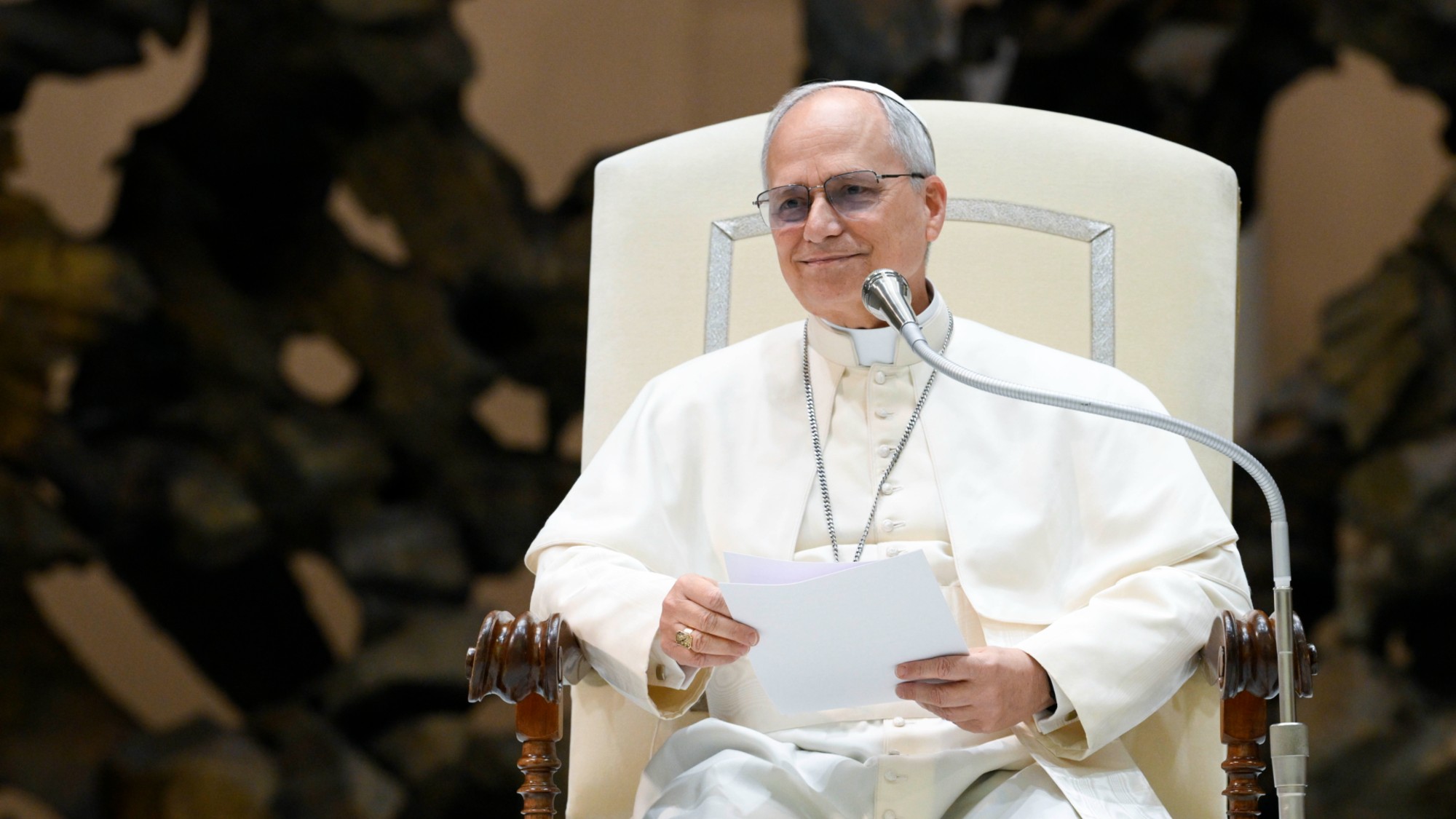 Where the new Pope Leo XIV stands on social issues
Where the new Pope Leo XIV stands on social issuesThe Explainer The first American pontiff is expected to continue some of his predecessor's work
-
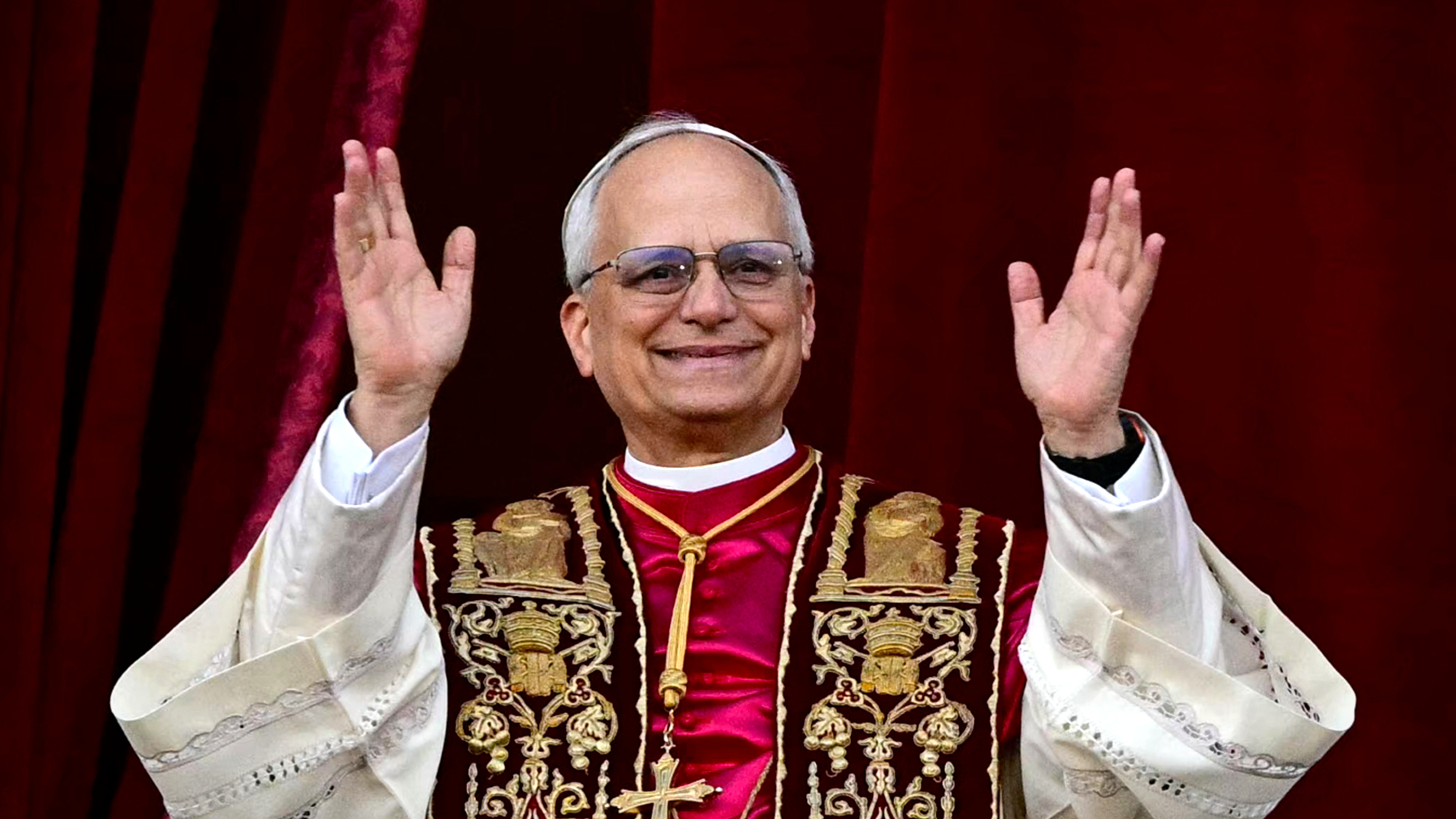 Prevost elected first US pope, becomes Leo XIV
Prevost elected first US pope, becomes Leo XIVspeed read Cardinal Robert Francis Prevost is a Chicago native who spent decades living in Peru
-
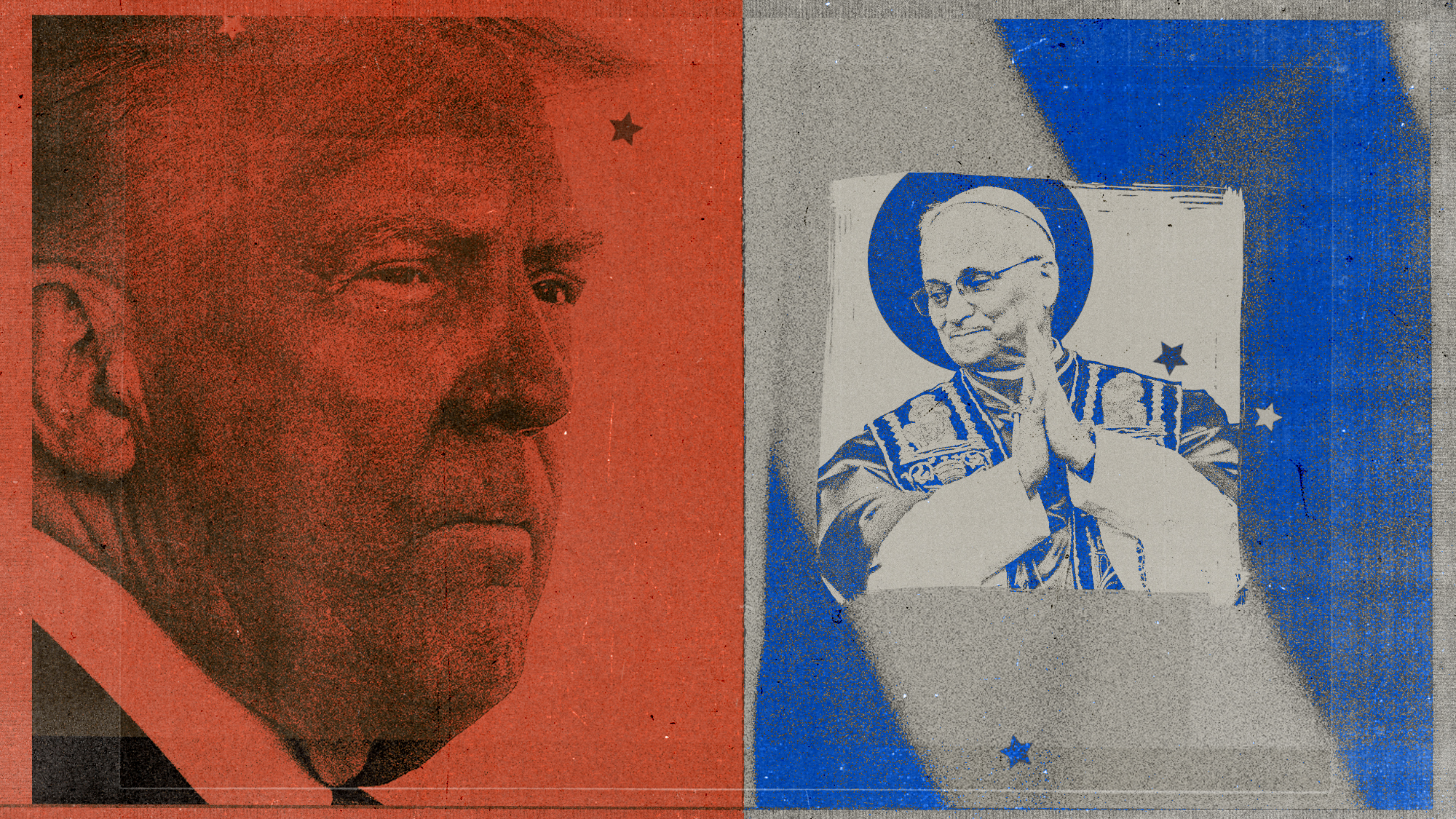 Leo XIV vs. Trump: what will first American Pope mean for US Catholics?
Leo XIV vs. Trump: what will first American Pope mean for US Catholics?Today's Big Question New pope has frequently criticised the president, especially on immigration policy, but is more socially conservative than his predecessor
-
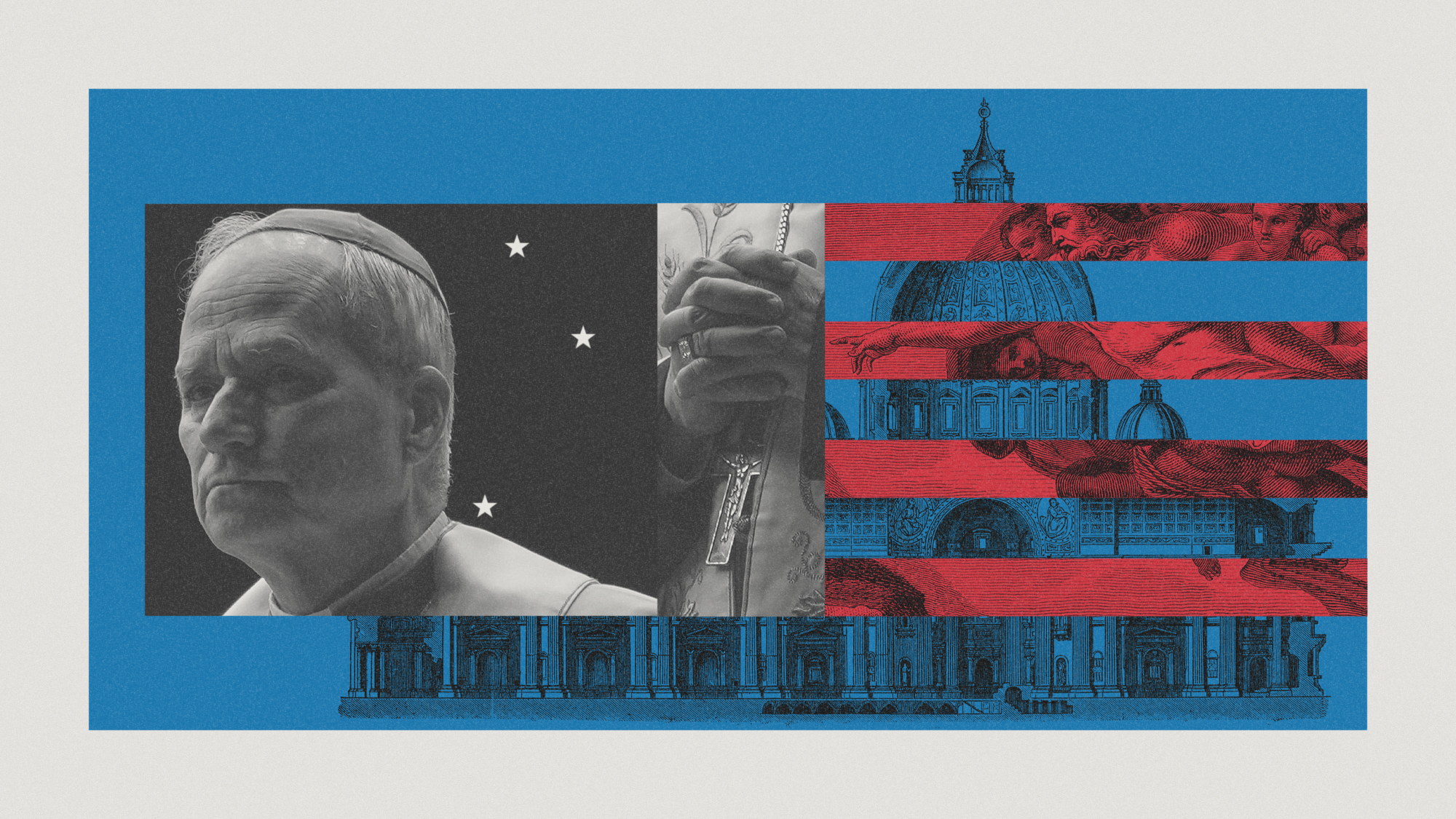 Could the next pope be an American?
Could the next pope be an American?Today's Big Question Cardinal Robert Francis Prevost is a possible 'superpower pope'
-
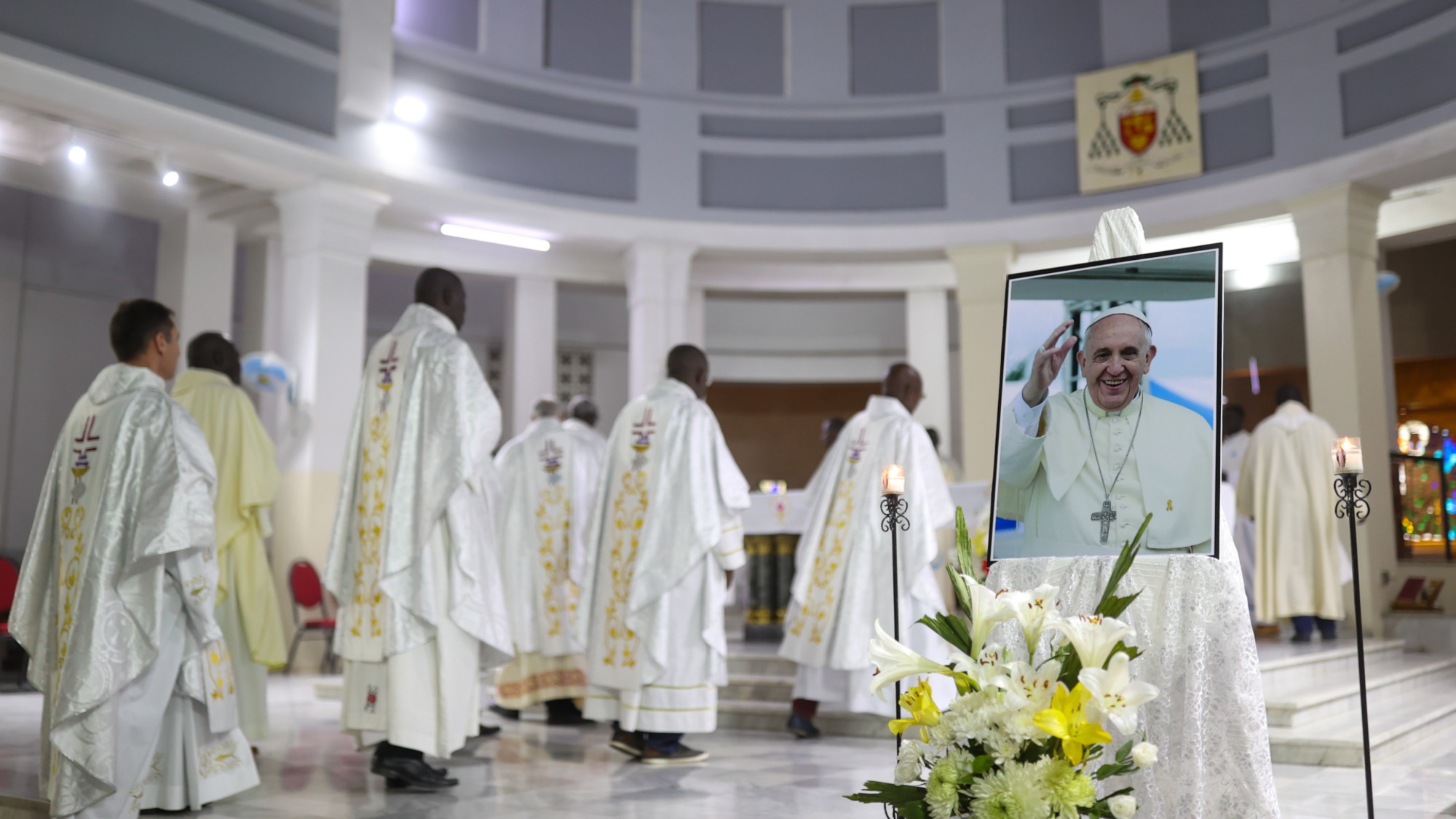 What would an African pope mean for the continent?
What would an African pope mean for the continent?Today's Big Question The Catholic Church has never had a pope from Africa in its modern history